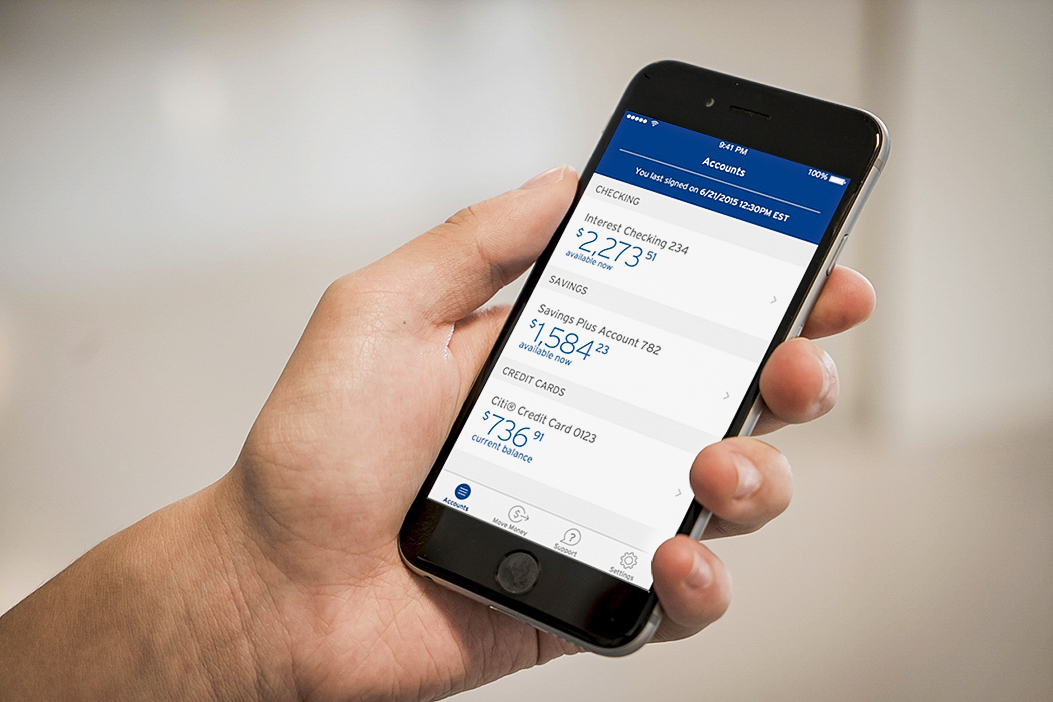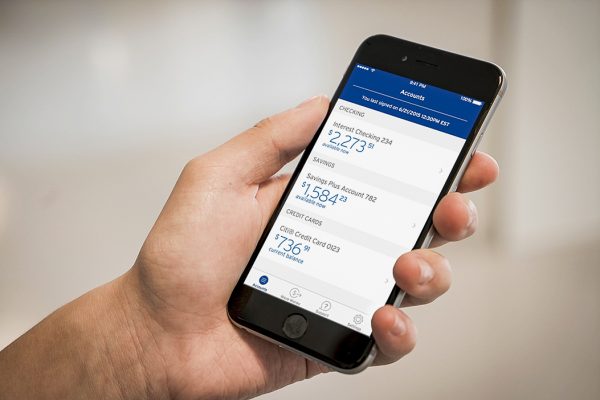The rise of mobile banking has revolutionized the financial industry globally, and Nigeria is no exception. With a high mobile penetration rate and a growing demand for convenient and accessible financial services, mobile banking presents significant opportunities for FinTech startups in Nigeria. This essay explores the potential opportunities for Nigerian FinTech startups, highlighting the key areas where innovation and growth can be achieved.
Read more about FinTech
-
Financial Inclusion
Mobile banking has the power to drive financial inclusion in Nigeria, where a large portion of the population remains unbanked or underbanked. FinTech startups can leverage technology to provide basic financial services to individuals who have limited access to traditional banking services. By offering features such as mobile wallets, bill payments, and fund transfers, mobile banking platforms can empower the unbanked population to participate in the formal financial system, fostering economic growth and reducing poverty.
-
Seamless Account Opening and Onboarding
Traditional banking often involves lengthy and cumbersome account opening processes, deterring many potential customers. Mobile banking allows FinTech startups to streamline the account opening and onboarding experience, making it quick, convenient, and user-friendly. Through digital identity verification, e-KYC (Know Your Customer) processes, and simplified documentation requirements, mobile banking platforms can attract and onboard new customers efficiently, enhancing customer acquisition and retention.
-
Personalized Financial Management
Mobile banking presents an opportunity for FinTech startups to offer personalized financial management tools and services. By leveraging data analytics and AI algorithms, users can be provided with insights into their spending habits, budgeting assistance, and personalized financial recommendations. These features empower individuals to make informed financial decisions, improve their savings habits, and achieve their financial goals.
Sign up for the Connect Nigeria daily newsletter
-
Mobile Payments and Transfers
Mobile banking allows for seamless and secure peer-to-peer payments and fund transfers. FinTech startups can develop apps that enable users to send and receive money instantly, both domestically and internationally. By integrating with existing payment infrastructure and leveraging technologies such as QR codes and near-field communication (NFC), mobile banking platforms can facilitate convenient and contactless transactions, catering to the evolving needs of the Nigerian market.
-
Value-Added Services
Beyond traditional banking services, mobile banking platforms can offer a range of value-added services to enhance the customer experience. These may include features such as bill payments, airtime top-ups, access to investment products, insurance services, and loyalty programs. By providing a comprehensive suite of financial services within a single mobile app, FinTech startups can become a one-stop solution for customers’ financial needs, increasing engagement and customer loyalty.
-
Partnerships with Traditional Financial Institutions
Collaboration with traditional financial institutions can be a strategic approach for FinTech startups in the mobile banking space. By partnering with banks and leveraging their existing infrastructure, regulatory framework, and customer base, FinTech startups can accelerate their growth and establish trust with customers. Such partnerships can enable startups to offer a wider range of banking services, access banking networks, and benefit from the expertise and experience of established financial institutions.
Register to attend the CN Business Mixer
-
Security and Trust
Mobile banking platforms must prioritize security and build trust among users. Implementing robust security measures, such as multi-factor authentication, encryption, and fraud detection systems, is crucial to safeguarding customer data and transactions. By ensuring the highest level of security, FinTech startups can instil confidence in users and overcome any concerns related to the adoption of mobile banking.
Conclusion
Mobile banking presents immense opportunities for Nigerian FinTech startups to disrupt the financial industry and drive financial inclusion. By leveraging the power of mobile technology, these startups can provide convenient, accessible, and personalized financial services to the Nigerian population. Embracing innovations, including seamless onboarding, personalized financial management, mobile payments, and strategic partnerships, will enable Nigerian FinTech startups to thrive in a rapidly evolving digital economy. With the right combination of technological advancements, regulatory support, and customer-centric solutions, the financial landscape in Nigeria can be transformed, empowering individuals and driving economic growth.
Featured Image Source: Digital Trends
Got a suggestion? Contact us: [email protected]


